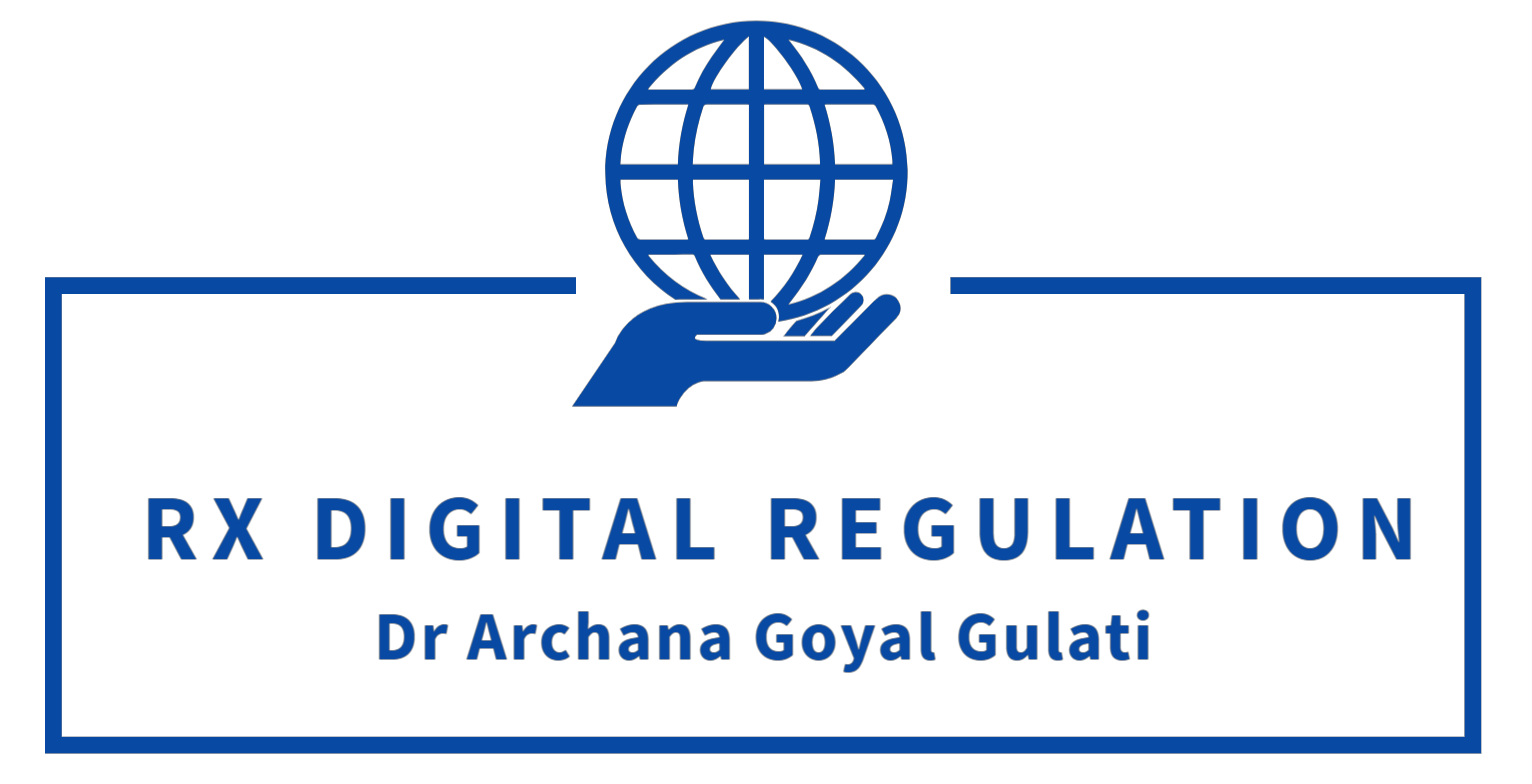
Why Privacy Matters-Dark Patterns & Other Realities

Why Privacy Matters in a Digital World – Dark Patterns and Other Realities.
Various Indian newspapers have reported today that the Government is looking to crack down on dark patterns and has released draft guidelines to curb the menace, a positive development for online goods and services consumers. Have you ever wondered how your order for home delivery of groceries contains double the quantity of milk cartons you ordered? You could swear you would never order such a large quantity of a perishable item. Or did you encounter a packet of unhealthy chocolate cookies in the home delivery? Admittedly, in a moment of weakness, your cursor had just hovered briefly to check the calories in this item, but you would never order it as you are on a diet. These items sneaked into your shopping cart. Did someone read your mind? And even if they could, how did the chocolate cookies land in your basket? You are sure you never actively selected them. If you think back, you remember noticing that the online grocery app stopped asking you to review your basket before checking out. Do you feel cheated? Why? Because you got what you did not choose? Because you feel manipulated?
Say Hello to Dark Patterns that thrive on personal data and are fuelled by artificial intelligence. They know you are a frequent shopper who purchases in haste and a secret admirer of chocolate cookies. You can read more about Dark Patterns and why thrusting choice on users is a malpractice from every viewpoint business or regulatory here. Undoubtedly, companies can find more ethical business models, and anyway, who allowed them to use the information they have on your browsing habits to manipulate you?
The responsibility for a safe and ethical digital world rests with businesses that must choose better business models, regulators who must curb malpractices and protect consumers, and consumers who must be aware of and assert their rights. However, consumer protection regulation must be supplemented with laws protecting consumer privacy and establishing guardrails on how personal data cannot be used. Privacy matters. Personal data protection laws are necessary in a world where more detail is added to your already comprehensive, oft-traded digital persona every time you log in.
The EU’s Digital Service Act prohibits Dark Patterns, which acts in complements with other regulations, including the GDPR and the AI Act. Just as the EU’s Unfair Commercial Practices Directive seeks to prohibit ‘unfair commercial practices affecting consumers’ economic interests before, during and after the conclusion of a contract’ and has issued detailed guidance in this regard, India’s Consumer Protection Act defines and bans unfair trade practices which include deception, and proposes to issue guidelines about Dark Patterns.
As the root of the problem lies in personal data collection and use and the deployment of AI, keeping consumers safe in the digital world requires multiple and complementary laws and regulations, including those on personal data protection and regulation of AI. Digital Regulation necessitates the need for collaboration between several domestic regulators as well as international standards and harmonisation.

